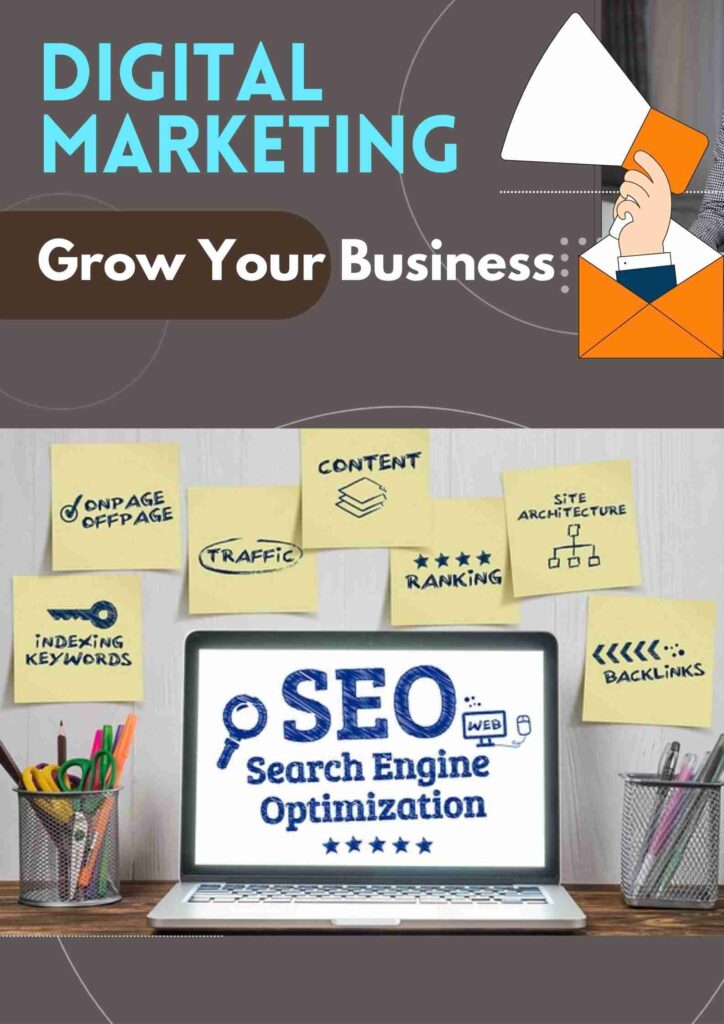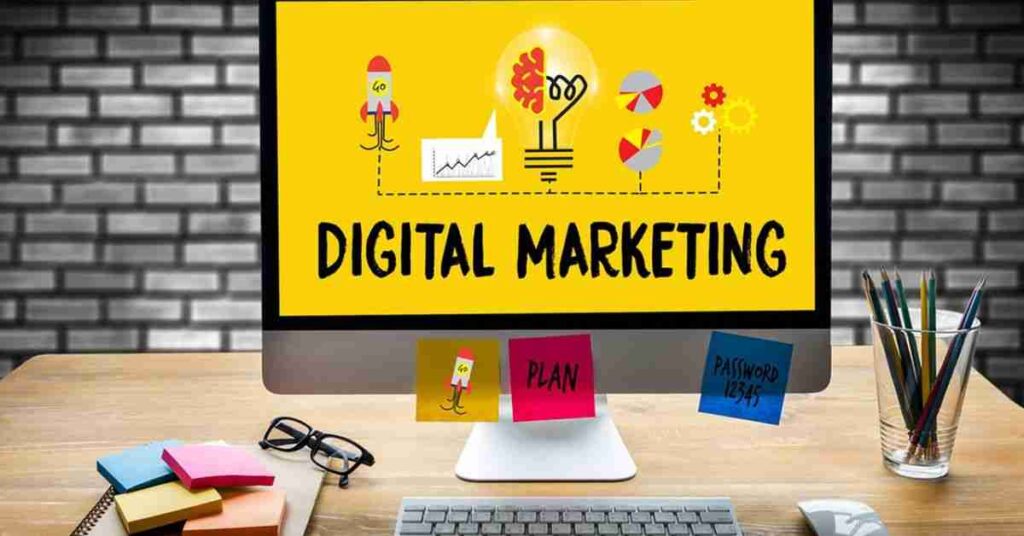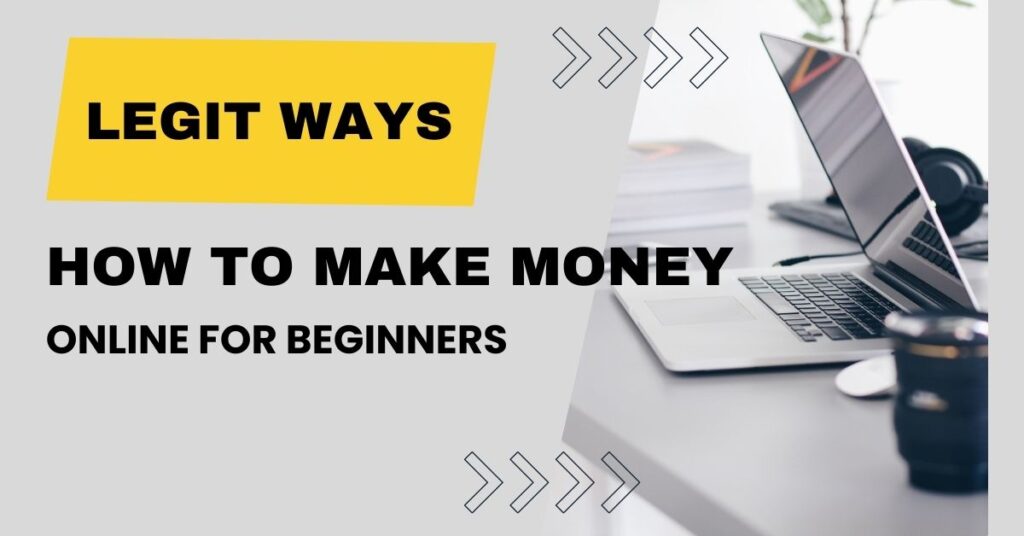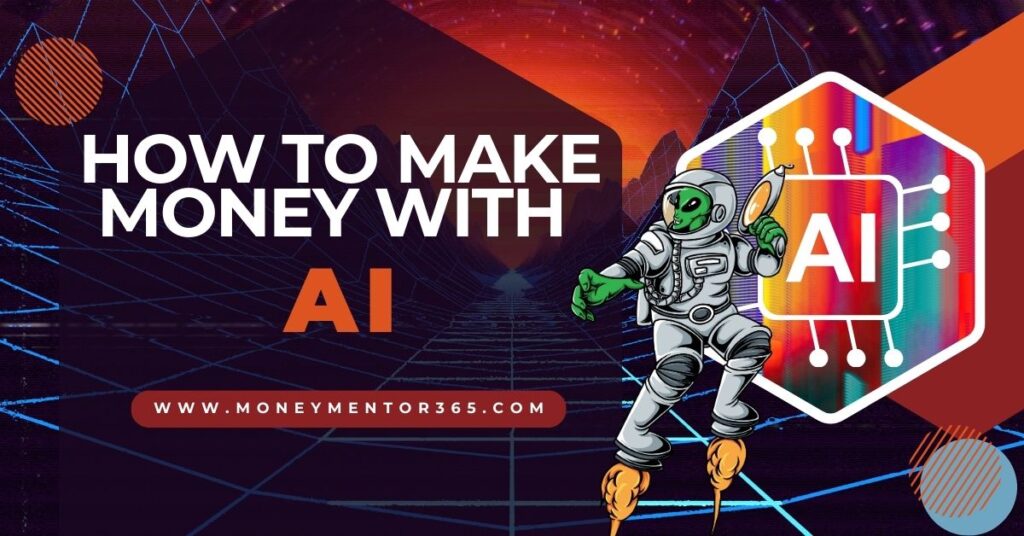Definition of Digital Marketing
Digital marketing refers to the use of digital channels, platforms, and technologies to promote products and services to consumers. It includes a assortment of showcasing strategies and methodologies, counting look motor optimization (SEO), pay-per-click publicizing (PPC), substance promoting, social media showcasing, mail showcasing, member showcasing, and more. So, read the article and enhance your idea.
Evolution of Digital Marketing
The evolution of digital marketing has been rapid and transformative. From the early days of simple banner ads and email campaigns to today’s sophisticated, data-driven strategies, digital marketing has continually adapted to technological advancements and changing consumer behaviors.
Importance of Digital Marketing in Today’s World
In today’s digital age, marketing has become an essential part of business strategy. It offers unparalleled reach, precise targeting, and the ability to measure and analyze results in real time. This enables businesses to optimize their marketing efforts and achieve better ROI compared to traditional marketing methods.
Types and Categories of Digital Marketing
Search Engine Optimization (SEO)
SEO is the process of optimizing a website to rank higher on search engine results pages (SERPs), thereby increasing organic (non-paid) traffic. It involves various techniques to improve website visibility and relevance.
Pay-Per-Click Advertising (PPC)
With pay-per-click (PPC) internet marketing, advertisers are charged a fee each time one of their ads is clicked. It’s a method of purchasing website visits as opposed to obtaining them naturally.
Content Marketing
The goal of content marketing is to draw in and keep a target audience by producing and disseminating interesting information. Blog entries, films, infographics, podcasts, and more can all fall under this category.
Social Media Marketing
Social media marketing leverages platforms like Facebook, Instagram, Twitter, LinkedIn, and others to promote products and services, engage with audiences, and build brand awareness.
Email Marketing
Email marketing is the practice of sending promotional emails to a list of recipients. It is used to build relationships with potential customers, keep current customers informed, and offer promotions.
Affiliate Marketing
Businesses use affiliate marketing, a performance-based marketing approach, to compensate affiliates for referring clients to their website.
Influencer Marketing
Using influential people to spread a brand’s message to a wider audience is the main goal of influencer marketing. Influencers can be celebrities, but more often they are individuals with large social media followings.
Mobile Marketing
Mobile marketing targets users on their mobile devices through SMS, mobile apps, and mobile-optimized websites.
Video Marketing
Video marketing uses videos to promote and market products or services, increase engagement on digital and social channels, and educate consumers.
Online PR
Using online media to boost a company’s visibility and manage its reputation is referred to as online public relations.
Marketing Automation
Software is used in marketing automation to automate repetitive marketing processes. It can include email marketing, social media posting, and ad campaigns, among others.
SEO (Search Engine Optimization)
On-Page SEO
Optimizing individual web pages to rank better and attract more relevant traffic is known as on-page SEO. This includes optimizing content, HTML source code, and more.
Off-Page SEO
Off-page SEO refers to strategies used outside of a website’s confines to improve its search engine rating. This covers social media marketing, link development, and other things.
Technical SEO
Technical SEO refers to optimizing the website’s backend structure and foundation. This includes crawlability, indexing, mobile friendliness, site speed, and more.
Local SEO
Optimizing a website to appear in local search results is the main goal of local SEO. This is particularly crucial for companies that cater to a particular region.
SEO Tools and Techniques
Various tools and techniques can help with SEO efforts, including keyword research tools, analytics platforms, and optimization software.

PPC (Pay-Per-Click Advertising)
Google Ads
Google Ads is one of the most popular PPC platforms, allowing businesses to display ads on Google’s search engine and other Google properties.
Bing Ads
Bing Ads is similar to Google Ads but targets users on the Bing search engine.
Social Media Ads
Social media ads are paid advertisements on platforms like Facebook, Instagram, Twitter, and LinkedIn.
Remarketing
Remarketing is focusing on visitors to your website who have already come but did not complete a purchase. This helps in re-engaging them and encouraging conversions.
PPC Strategies
Effective PPC strategies include keyword research, ad copy creation, landing page optimization, and continuous performance monitoring.
Content Marketing
Blogging
Blogging involves creating informative and engaging content to attract and retain a target audience. It is a core component of content marketing.
Video Content
Video content is highly engaging and can be used for tutorials, product demos, testimonials, and more.
Infographics
Infographics are visual representations of data, knowledge, or information that are meant to convey complicated information in an easy-to-understand manner.
Podcasts
Podcasts are audio content that can be used to share knowledge, tell stories, and engage with audiences.
E-books and Whitepapers
E-books and whitepapers are long-form content that provide in-depth information on a particular topic.
Social Media Marketing
Facebook Marketing
Facebook marketing involves using Facebook to connect with your audience and promote your brand. This includes both organic posts and paid ads.
Instagram Marketing
Instagram marketing leverages the visual nature of the platform to engage audiences with photos, videos, and stories.
Twitter Marketing
Twitter marketing involves using tweets and ads to reach and engage with a broader audience.
LinkedIn Marketing
LinkedIn marketing is particularly effective for B2B businesses, allowing them to connect with professionals and industry leaders.
Pinterest Marketing
Pinterest marketing uses the platform’s visual pinboards to promote products and services, especially in industries like fashion, home decor, and food.
Social Media Advertising
Paid promos on social media platforms are a sort of social media advertising that aims to raise awareness and interaction.
Email Marketing
Building an Email List
Building an email list involves collecting email addresses from potential customers who have shown interest in your products or services.
Email Campaigns
Email campaigns are a sequence of emails intended to nurture leads and increase conversions that are delivered to a list of clients or prospects.
Automation and Segmentation
Email automation
and segmentation help in sending targeted and personalized messages to different segments of your audience.
Measuring Success
Measuring the success of email marketing involves tracking metrics such as open rates, click-through rates, and conversions.
Affiliate Marketing
How Affiliate Marketing Works
Affiliate marketing involves partners (affiliates) promoting your products and earning a commission for each sale or lead generated through their marketing efforts.
Benefits of Affiliate Marketing
Affiliate marketing can expand your reach, improve SEO, and provide cost-effective marketing solutions.
Best Practices
Best practices include selecting the right affiliates, providing them with resources, and regularly monitoring performance.
Influencer Marketing
Finding the Right Influencers
Finding the right influencers involves identifying individuals whose audience aligns with your target market.
Campaign Strategies
Effective influencer marketing strategies include setting clear goals, choosing the right platforms, and creating engaging content.
Measuring ROI
Measuring the ROI of influencer marketing involves tracking metrics like engagement, reach, and conversions.
Mobile Marketing
SMS Marketing
Texting customers with promotional messages about goods, services, or occasions is known as SMS marketing.
Mobile Apps
Mobile apps can enhance customer engagement by providing a convenient platform for shopping, communication, and loyalty programs.
Mobile SEO
Mobile SEO ensures that your website is optimized for mobile devices, providing a better user experience and improving search rankings.
Video Marketing
YouTube Marketing
YouTube marketing involves creating and sharing video content on YouTube to engage with your audience and promote your brand.
Live Streaming
Live streaming allows businesses to connect with their audience in real time, offering a more interactive experience.
Video SEO
Video SEO involves optimizing video content to rank higher in search engine results and increase visibility.
Online PR
Managing Online Reputation
Managing online reputation involves monitoring and influencing how your brand is perceived online.
Press Releases
Press releases are official statements issued to media outlets to announce significant news or events.
Media Outreach
Media outreach involves building relationships with journalists and media outlets to gain publicity and coverage for your brand.
Marketing Automation
Benefits of Marketing Automation
Marketing automation can save time, improve efficiency, and increase the effectiveness of marketing campaigns.
Tools and Platforms
HubSpot, Marketo, and Mailchimp are a few well-known marketing automation systems.
Strategies for Automation
Personalized communication, consumer segmentation, and lead nurturing are all useful techniques for marketing automation.
Benefits of Digital Marketing
Global Reach
Digital marketing enables businesses to reach a global audience without the need for physical presence.
Cost-Effectiveness
Compared to traditional marketing, digital marketing is often more cost-effective and offers better ROI.
Personalization
Digital marketing allows for highly personalized communication with customers based on their preferences and behaviors.
Measurable Results
Businesses can analyze and evaluate the success of their efforts in real time using digital marketing.
Improved Conversion Rates
Digital marketing strategies can help improve conversion rates by targeting the right audience with the right message.
Challenges in Digital Marketing
High Competition
The digital marketing space is highly competitive, making it challenging to stand out and capture audience attention.
Ad Blockers
Ad blockers can prevent your ads from being seen, reducing the effectiveness of your campaigns.
Privacy Concerns
Privacy concerns and regulations like GDPR can impact how you collect and use customer data.
Rapid Technological Changes
The rapid pace of technological change can make it difficult to keep up with the latest trends and best practices in digital marketing.
Latest Innovations in Digital Marketing
AI and Machine Learning
Digital marketing is being revolutionized by AI and machine learning, which make it possible to create more effective and tailored marketing campaigns.
Chatbots
Chatbots can provide instant customer support and improve user experience on your website.
Voice Search Optimization
It’s getting more and more crucial to optimize your content for voice search as voice-activated devices proliferate.
Virtual and Augmented Reality
Virtual and augmented reality can provide immersive experiences for customers, enhancing engagement and brand loyalty.
Future Prospects of Digital Marketing
Trends to Watch
Growing trends in digital marketing include the necessity of data protection, the usage of AI more frequently, and the expansion of video content.
Future Technologies
Future technologies that will impact digital marketing include 5G, blockchain, and advanced analytics.
Long-Term Predictions
Long-term predictions for digital marketing include the continued integration of AI, the importance of personalization, and the growth of omnichannel marketing.
Comparative Analysis
Digital Marketing vs. Traditional Marketing
Digital marketing offers more precise targeting, measurable results, and cost-effectiveness compared to traditional marketing methods.
B2B vs. B2C Digital Marketing
B2B digital marketing often focuses on relationship building and long sales cycles, while B2C digital marketing targets immediate conversions and brand loyalty.
Case Studies
Successful Digital Marketing Campaigns
Examining successful digital marketing campaigns can provide valuable insights and inspiration for your own strategies.
Lessons Learned from Failures
Learning from failed campaigns can help avoid similar mistakes and improve future marketing efforts.
User Guides or Tutorials
Starting with SEO
A step-by-step guide on how to start with SEO, including keyword research, on-page optimization, and link building.
Creating a PPC Campaign
A tutorial on creating an effective PPC campaign, from setting goals to optimizing ad performance.
Building a Content Strategy
Guidance on building a content strategy that aligns with your business goals and resonates with your target audience.
Leveraging Social Media for Business
Tips and strategies for leveraging social media to grow your business and engage with your audience.
Conclusion
The importance and benefits of digital marketing are briefly discussed in this article. Insights into the future of digital marketing and its potential impact on businesses and consumers. I hope you have an idea about digital marketing.
No doubt, current and future business activities are largely controlled by digital marketing. So we need to proceed with raising awareness about the concept and use of digital marketing. Stay with us and learn all the necessary topics related to your business growth.



